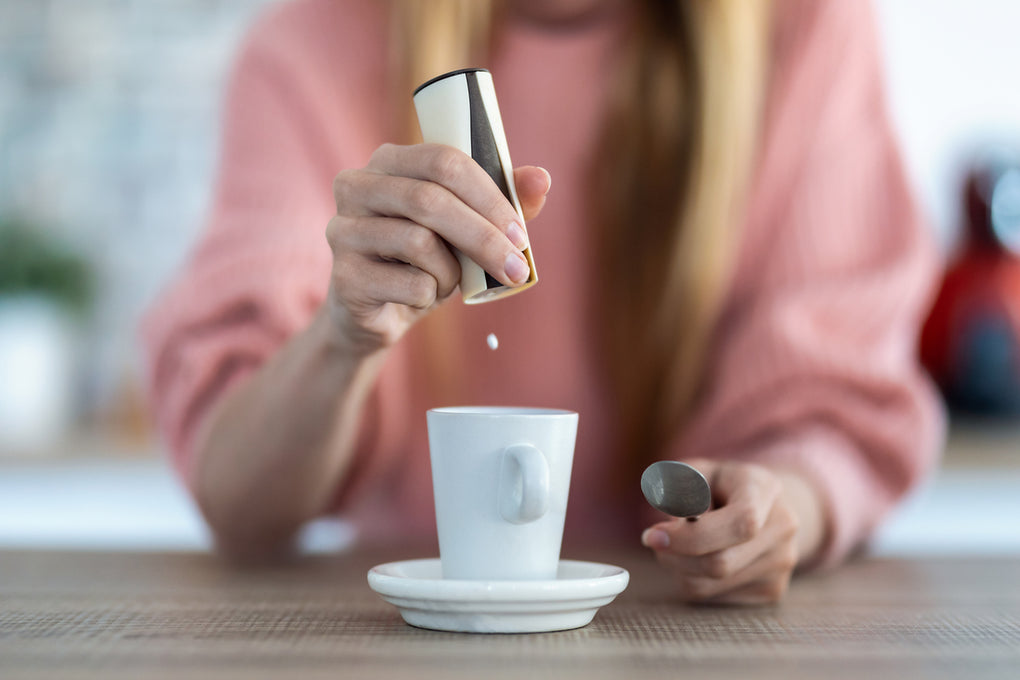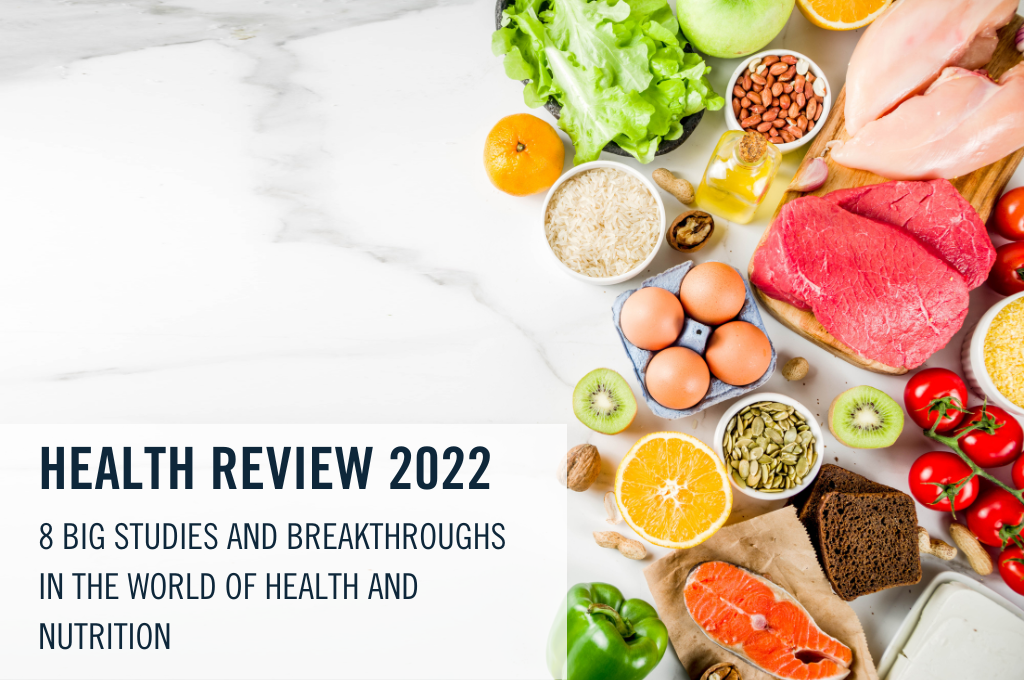Artificial sweeteners are more likely to be harmful to your health
26th September 2022 / Health / News
Artificial sweeteners are more likely to be harmful to your health
Jessica S

A large-scale study of over 100 thousand people over a 12 year period published in the BMJ has shown that artificial sweeteners have strong and probable causal links to heart (cardiovascular) diseases (1).
This result adds to previous studies that have questioned their link to obesity (2), cancer (3), diabetes (4) and gut flora health (5). This latest study, however, does seem to clarify that artificial sweeteners are not the answer to reducing sugar in the diet and are more likely to be harmful than helpful.
Artificial sweeteners have become commonplace in many foods, with some being touted as a healthy addition to your diet:
- Most protein shakes and bars contain sweeteners.
- Processed desserts labelled as low calorie, low sugar, or lite, including flavoured yoghurts, jellies, ice cream, hot chocolates and some cereal bars.
- When brands label their products with ‘no added sugar’, the sugar content is often replaced with artificial sweetener e.g. ketchup.
- Low sugar or diet soft drinks.
- Fruit-flavoured waters and adult mixers such as low sugar tonics.
So, what to do if you still have a sweet tooth?
The first step is to better understand who drives your sugar cravings.
Your body craves sugar when you have low energy or blood sugar, making you want to eat something sweet to raise your blood sugar and your energy levels. This then produces an insulin spike in your body, which results in a crash, and you find yourself in the vicious cycle of highs and lows.
Understanding this initial step can make a huge difference and help you eat a healthier amount of sugar (not a sweetener).
There are a few easy steps to help your body receive sustained energy from your diet whilst reducing your cravings.
- Eat 3 balanced, abundant meals a day that fills you up and reduce the need to snack.
- Eat protein with every meal – at least 20g, especially at breakfast.
- Make sure your meals contain lots of fibre from vegetables, whole grains, beans, peas and pulses.
- If you are going to have a sweet treat, have it as a dessert straight after your main meal and not on its own as a snack. The protein and fibre you have already eaten will slow the absorption of glucose reducing the need for insulin.
- Avoid sugar and sweetener in your drinks. The body doesn’t register it the same way as food, making it very easy to overconsume ‘sweetness’ in this form.
- Take a supplement containing chromium, otherwise known as glucose tolerance factor – B vitamins and CoQ10 are a great addition to helping your cells turn glucose into energy.
- Sleep 7-9 hours. If you don’t get enough sleep, your body will feel like it is an energy deficit and make cravings stronger.
By implementing these simple changes, you could see instant and tangible improvements in their well-being. You could see yourself having better energy, getting a better night's sleep, feeling less wired, and being able to manage weight more efficiently.
- https://www.bmj.com/content/378/bmj-2022-071204
- https://link.springer.com/article/10.1007/s11894-017-0602-9
- https://onlinelibrary.wiley.com/doi/full/10.1111/ijcp.12703
- https://www.sciencedirect.com/science/article/abs/pii/S0168822719307363
- https://www.tandfonline.com/doi/full/10.1080/19490976.2015.1017700
From The Blog
-

22nd December 2022 / Health / News
New Year Resolutions You Can Actually Keep
New Year resolutions to shed unhealthy habits and create healthy new ones are always popular. Often expectations are high, but January is when our systems can have the least in the tank leading to...
Read article -

30th November 2022 / Health / News
Taking Vitamin D This Winter
As the days get shorter and we spend more time inside, we should start to think about our vitamin D levels. Vitamin D deficiency in winter months is super common, but the symptoms often go unnot...
Read article -

28th November 2022 / Health / News
8 Big Health Discoveries of 2022
Health Review 2022 One of the things we love about nutrition is that it is an evolving area of science with great discoveries happening all the time. We can apply these to our everyday lives in th...
Read article



